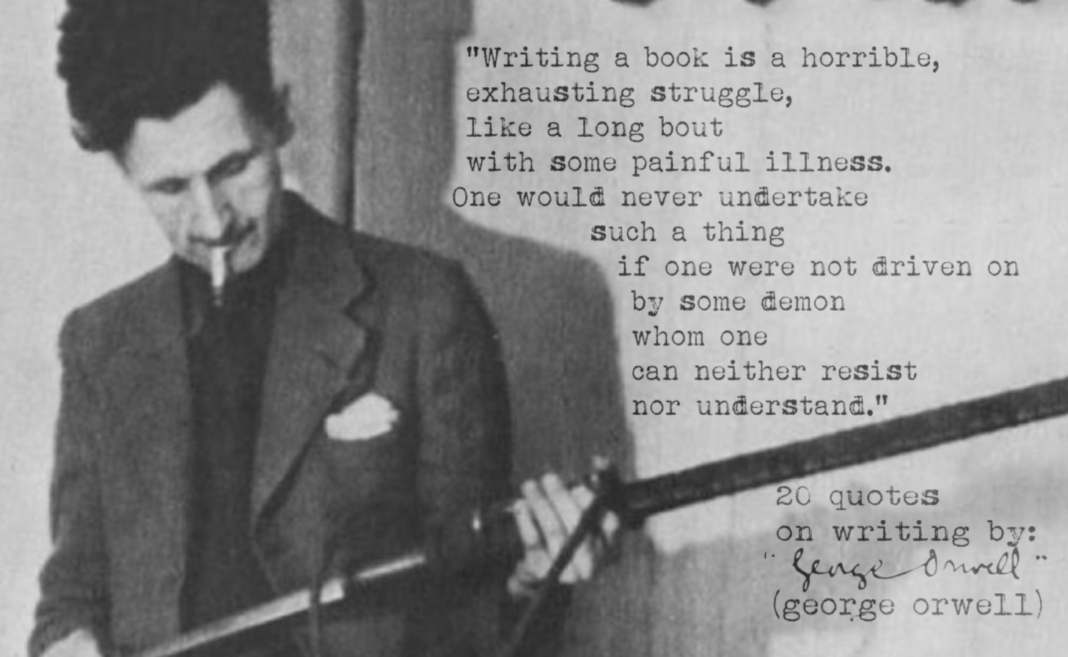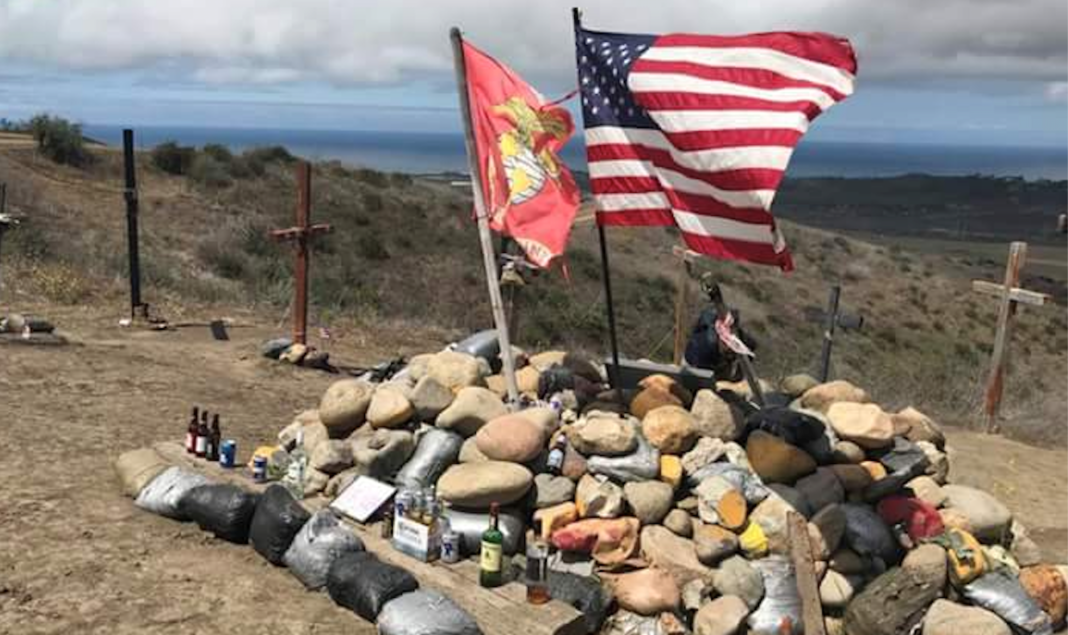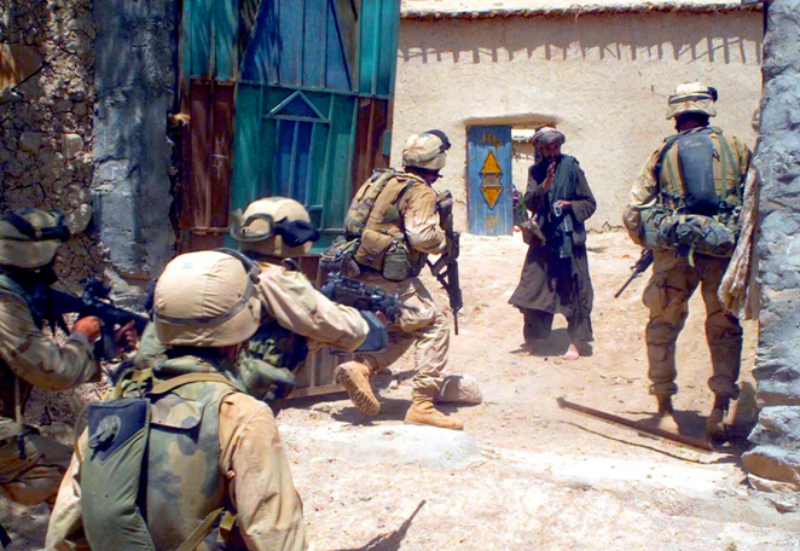
THE DOLLARS AND SENSE OF WRITING


Perhaps it is fitting that I begin this essay on the 12th anniversary of my “Alive Day”. A dozen years ago today, far away from my current decadent environs of Sin City, I found myself on a patrol in Ghazni Province with one other American Soldier, Cpl. Radek Polanski, and a rag tag group of Afghan soldiers masquerading as an Infantry Platoon. Before long, our day descended into an Afghan version of Apocalypse Now, where we found ourselves surrounded by a motivated contingent of the Taliban Purple Heart Distribution Committee. Before long we were going black on every type of ammo stock piled in the gun truck. We lost all radio comms, and in Cpl. Polanski’s case, he took a bullet frag through his ear which understandably freaked him the fuck out.As for the Afghan Army soldiers we were leading, they quickly maneuvered themselves into the surrender formation, and would have run away had it not been for the fact we were surrounded. So they turned their attention to me, pleading in Dari to summon the American Air Gods to drop bombs on the Taliban positions.Which would have been a good idea, if I had working radios...Fast forward an hour, and things continued to “improve.” A near miss RPG explosion left my uniform singed and smoking. I tipped my cap to the marksmanship of the nice RPG toting gentleman hiding behind the mud wall to my left, and continued to work the gun fight.So you may be asking “what does this de-motivational vignette of getting surrounded by the Taliban have to do with the life saving and changing aspects of writing?” The answer is pretty simple:on this miserable day, the Taliban didn’t kill me. But the residual stresses of this day (and many like it) almost did. And I can credit with 100% certainty my nightly forays into writing as the only thing that kept me in the upright and conscious position, and not blowing out my brains in the middle of the night. Getting the angst and the madness and tragedy off my chest, and getting a positive and supportive response from those reading my words, was a cathartic release of anxiety and stress that made life bearable.It turns out that while my writing was primarily an exercise in self-preservation, it was also an accidental exercise in making lots of money, and served the even more important role of helping many other veterans face their demons.Remember, I was a guy with zero writing experience, no connections to national or regional media outlets, no understanding of the machinations of the publishing world, nor book agents, nor anything related to the writing industrial complex. But like you, I had some interesting, funny, tragic, and morally complex war stories under my belt.When it comes to writing- don’t over think the mission. It’s like maneuvering on an objective. Keep your plan simple. Rely on your strengths in how you approach the task. There are literally thousands of “targets” out there, news and cultural outlets craving authentic veteran content.I first cracked into a public media market when, in the middle of a sleepless night in Afghanistan, searching the web, I accidentally noticed a small click box on the home page of National Public Radio. It said,“Submit Commentaries here.” I clicked it, sent them a couple essays, and literally within 30 minutes, had an email reply from the senior editor of Morning Edition. Her name was Maeve, and her email was short and sweet, and intended with a directive in all CAPS…“SEND EVERYTHING YOU HAVE!”In the meantime, she asked me to record my essays in my musty hootch on my laptop, and email the audio files to her. Within days, my voice and stories were being aired to an international audience of millions.Too.Fucking.Easy. I should point out that I didn’t ask anyone in my chain of command for permission to do this. At this point of my tour, I was teetering on a meltdown and didn’t care. I was in self-preservation mode, and I knew that my writing was working better than all my sleeping pills and anti-anxiety medications. And the more people who read it, and provided supportive feedback, the more I could cope with the grind of the war around me. My immediate chain of command frowned upon my DIY, rogue-media campaign with the outside world. I was given the order to cease sharing my writing with any media outlets, or face career ending consequences.Yet I continued writing and publishing. My insubordination was documented, and routed up the chain for final disciplinary action. When it reached the desk of the One-Star Task Force Commander, he unceremoniously instructed my immediate COC to back off. He loved the grit and honesty of my writings, and he even borrowed parts of my essays and used them in his stump speeches to various military and civilian audiences.With this green light, the quantity of essays mounted, and Maeve at NPR urged me to take the next step. She said a book should be my focus when I returned home from war. I told her it was a crazy idea:“I don’t know how to do that, I don’t know how to get an agent. I don’t know shit about any of this!!!!!” Maeve told me to chill and “google it”.I thought she was fucking with me. She wasn’t. So I googled “military author publisher successful agent.” I clicked on the first search result that popped up. I did zero research, zero comparison, zero anything. I just whipped up a quick email and shot the collection of essays to an agent named Doug. He emailed me back with a promising sales pitch: he guaranteed he would sell my manuscript, and that he would work for free until this happened. He explained to me that a no-name, new author like myself, at best can hope for a $5000 advance on the book (an advance is money you get to keep no matter what, but that is deducted from future book sales). He said he would get me ten times that. I was like “OK Dude, sure…”Within a week, he set up an auction, where interested publishers bid in $5000 intervals for the rights to the book. When all was said and done, Penguin won the auction, and paid me a $55,000 advance. Cash money. No strings attached. My agent took his industry standard cut of about 10%, and that still left me with a nice payday.From there, the publisher did the hard work of professionally editing, marketing, and selling my first book. I never lost control of the final product, nor felt like the authenticity of my work was compromised. Nor should you if you get to this point in your writing career.Sure the money, and the book tour, and the media attention was a nice ego boost, and it helped keep me from crawling into the bottom of a Bourbon bottle during my return to civilian life post-war. But by far the most important thing about writing (and the thing you should take from this essay) is the positive impact writing will have on you, your re-integration into society, and your family.I need to really stress this point: writing literally kept me from offing myself. Writing was better for my psyche than any pill the VA ever gave me. And this positive impact was not limited to my life, it impacted countless others. Over the years I have received hundreds of letters and emails and messages from fellow war vets, their wives, their parents, and their friends, who basically had a message of thanking me for telling my story, with all its mistakes and warts and failures, and admitting fear and failure and fuck-ups. Many fellow vets told me they gave my book to their spouse to read. And these spouses subsequently expressed their thanks. They finally understood why their warriors were hurting.The big take away here is that a no-name guy, with average writing skills, and a serious case of PTSD, was able to put words together in sentences and paragraphs and chapters, that ultimately saved my own sanity, and had the unintended consequence of also making me lots of money. It gave me a platform to share real war stories with civilians, who as we know, are shamefully ignorant of what its really like on the battlefield, and often have to rely on frequently distorted Hollywood versions of war.So in closing, take the pen away from Hollywood, and put it where it belongs: IN YOUR HANDS. The worst-case scenario is that you write, and no one bites. But you will be a better person for it, and your mental health will also benefit from it. And some day, decades later, when your grand kids find a flash drive in a trunk in the attic with your memoirs saved on it, they will be thrilled AF to learn about your life at war. There is no shortage of free groups and support networks to help you get started. Veteran writing groups like this are everywhere. Don’t ever doubt that your story isn’t worth telling. If you wore a uniform, you have something to contribute to the history of America’s military experience, and lots to gain by the effort. So whip open that lap top, down a Rip It and get to work.
July 19, 2018









